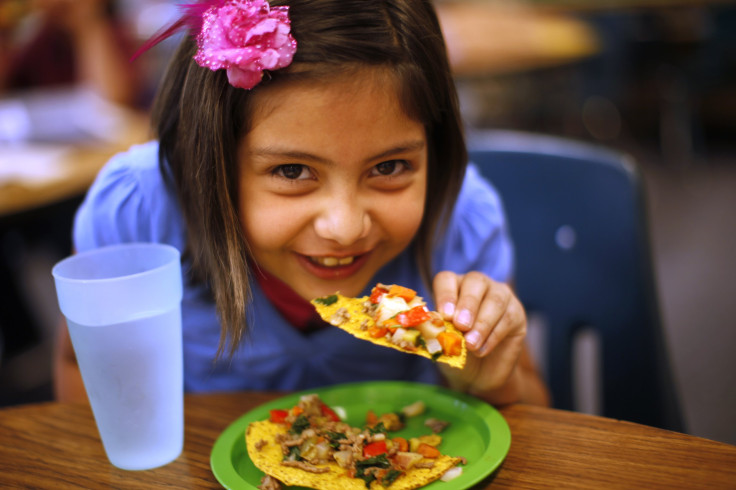Kids Need to Eat a Wide Variety of Food and Not Just the Organic, Says AAP

People buy organic food thinking that their kids are eating healthy, nutritious food and not eating food that is filled with pesticides. According to American Academy of Pediatrics, organic foods have lower levels of pesticides, but kids need a variety of foods, whether organic or not.
According to a report by AAP, children need to eat a variety of fruits, vegetables and whole grains and a lot less of junk foods and not pricey foods that may not add value to the diet.
"What's most important is that children eat a healthy diet rich in fruits, vegetables, whole grains, and low-fat or fat-free dairy products, whether those are conventional or organic foods. This type of diet has proven health benefits," said Janet Silverstein, a member of the AAP Committee on Nutrition and one of the lead authors of the report, according to a press release.
The agency says that organic food has low level of pesticides and carries lower risk of exposure to drug-resistant bacteria. But, no large scale study has shown a direct link between eating organic food and long-term health benefits.
A recent study from Stanford University had shown that organic foods have almost same levels of nutrients and vitamins as conventional food.
Be Selective While Buying Organic
Joel Forman from AAP and one of the authors of the report said that families who have to think about cost-factor while buying food can choose between organic foods that are worth the cost and those that aren't.
Consumers can refer Consumer Reports and the Environmental Working Group to see what organic foods to purchase, AAP report says.
"Many families have a limited food budget, and we do not want families to choose to consume smaller amounts of more expensive organic foods and thus reduce their overall intake of healthy foods like produce," Silverstein said.
The report from AAP "Organic Foods: Health and Environmental Advantages and Disadvantages," was released on Monday at the AAP National Conference & Exhibition in New Orleans.



























